Keywords: People Smugglers
-
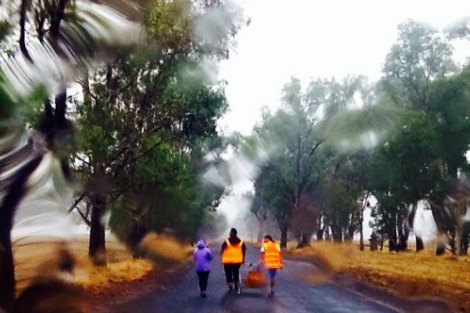
AUSTRALIA
- Maureen O'Brien
- 04 April 2014
7 Comments
Three members of Tri's family made it to the open sea in a wooden boat with 65 others. They encountered storms and shipwrecks, and pirates who raped the women and tortured and robbed the others. Eventually they were handed over to UN troops, who took them to a refugee camp in Malaysia. Tri's story is about trauma, but mostly his emphasis is on the welcome and kindness the family received in Australia.
READ MORE 
-
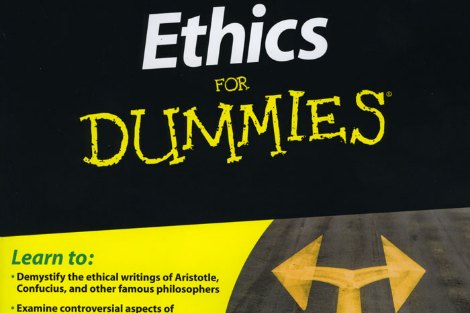
RELIGION
- Andrew Hamilton
- 20 March 2014
28 Comments
Asked whether they think the government's treatment of asylum seekers is right, some people will withhold judgment, arguing that the question is ethically complex; asylum seeker policy must take into account many issues, and an ethical judgment must await consideration of all these factors. This position is mistaken. The ethical questions are quite simple. The complexities and confusions arise only after we have answered them.
READ MORE 
-

INTERNATIONAL
- Ali Winters
- 17 March 2014
14 Comments
Insurer AAMI's 'Rhonda and Ketut' Balinese love story, teased out over four commercials and three years, has come to its soapy end. Whether you loved it or cringed, its camp, cocktail soaked tentacles have penetrated the Australian mainstream. But the knowledge Australians have for our closest Asian neighbour is poor. According to a DFAT report released last year, 30 per cent of respondents didn't know Bali was part of Indonesia.
READ MORE 
-
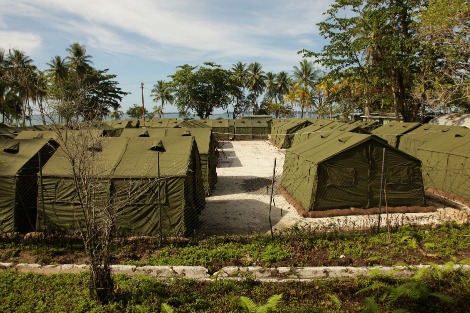
AUSTRALIA
- Tony Kevin
- 28 February 2014
22 Comments
Over the past week of Parliament, we have seen the strange and distressing spectacle of Labor timidly criticising the Government's handling of the events on Manus Island. If it were brave enough, Labor could use these events as a trigger for policy change. To call for the Manus centre to close, and for detention and processing centres in Australia to reopen, would be the moral policy for Labor at this point.
READ MORE 
-
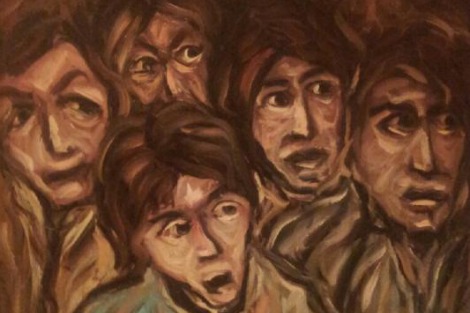
INTERNATIONAL
- Moira Rayner
- 20 February 2014
38 Comments
We created this risk, intending it to 'deter' boat people and people smugglers. As a consequence, we've created racial conflict in PNG and the collapse of the rule of law in Nauru. Now, it is surely a duty to re-evaluate a policy that leads to mental illness, destruction of property, hope, imagination and civil society, and death. I think we have a duty to refugees, because we are descended from refugees and may be refugees ourselves, one day.
READ MORE 
-
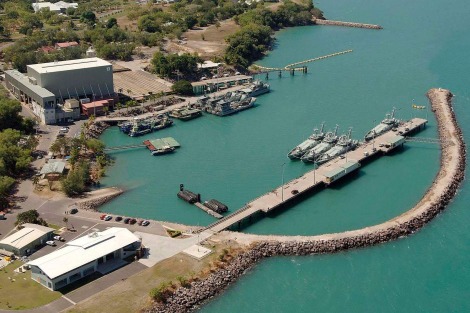
AUSTRALIA
- Ray Cassin
- 19 February 2014
22 Comments
Scott Morrison is the first Immigration Minister to inspect ADF facilities. There has always been cooperation between the Defence Force and other government agencies, but Operation Sovereign Borders has radically changed the playing field. Indonesia's politicians might relish the irony of seeing in Australia an increasing interpenetration of military and civilian hierarchies — something that Australians used to see as a fault in Indonesia.
READ MORE 
-
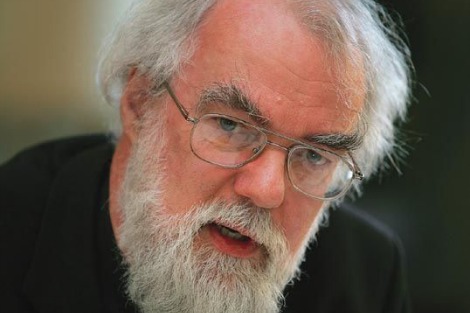
AUSTRALIA
- Benedict Coleridge
- 07 February 2014
24 Comments
In the Australian migration debate, 'passion' is construed as opposed to 'reason'. But the former Archbishop of Canterbury Rowan Williams has said that 'passion' in its classical (ancient or biblical) sense, is not opposed to reason (being attuned to the world), but rather to 'peace' or 'harmony'. Therefore 'passionate' language — alongside practical proposals — can unsettle uncritical pictures of the issue.
READ MORE 
-
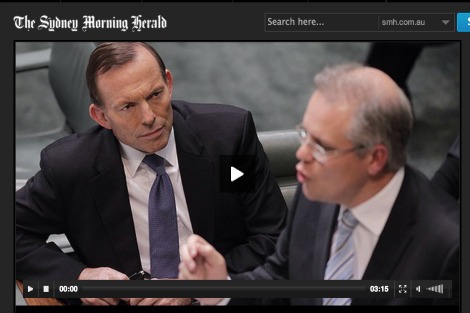
INTERNATIONAL
- Justin Glyn
- 22 January 2014
32 Comments
The current dispute with Indonesia over border incursions by the Australian Navy is symptomatic of a deeper problem — the militarisation of political discourse. Von Clausewitz famously claimed that 'war is politics by other means': in other words, that military force is employed in service of political ends. In Australia, as elsewhere in the West, this is being taken to an extreme not previously seen outside authoritarian societies.
READ MORE 
-
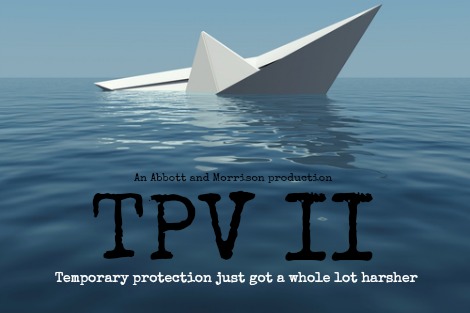
AUSTRALIA
- Kerry Murphy
- 17 January 2014
3 Comments
The new TPV is harsher than the version introduced by the Howard Government, mainly because it has no pathway to a permanent visa — once granted, it is likely that the best you will ever get in Australia is a TPV. The TPV is a punishment, not a deterrent; a cruel visa that reflects the cruelty of the politicians introducing it.
READ MORE 
-
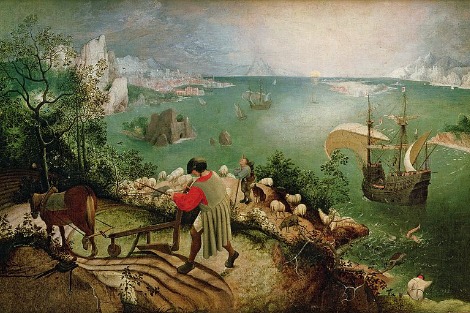
AUSTRALIA
- Maureen O'Brien
- 06 January 2014
4 Comments
With his back to the sea, the ploughman negotiates the wooden plough drawn by his horse. If he heard Icarus falling from the heavens it didn't interrupt his routine. The crew of a ship close enough to rescue the drowning boy instead takes advantage of a favourable breeze and sails away. The shepherd daydreams, the angler continues fishing. To all intents and purposes Icarus is invisible to those in his immediate vicinity.
READ MORE 
-

AUSTRALIA
- Kerry Murphy
- 10 December 2013
11 Comments
Last week asylum seekers had a small win only to have it snatched away, and then were confronted by a more serious attack. Those working with asylum seekers have learned to expect abuse and derision from governments directed against asylum seekers and those helping them. Labor is only moderately better than the Coalition, but at least they occasionally made positive decisions. However these recent events have reached a new nadir.
READ MORE
-

RELIGION
- Frank Brennan
- 08 November 2013
1 Comment
'Many Catholics wonder how we can maintain our Christian faith at this time in the wake of the sexual abuse crisis and the many judgmental utterances about sexuality and reproduction. The Church that has spoken longest and loudest about sex in all its modalities seems to be one of the social institutions most needing to get its own house in order.' Frank Brennan's address to the Yarra Institute for Religion and Social Policy, 8 November 2013.
READ MORE